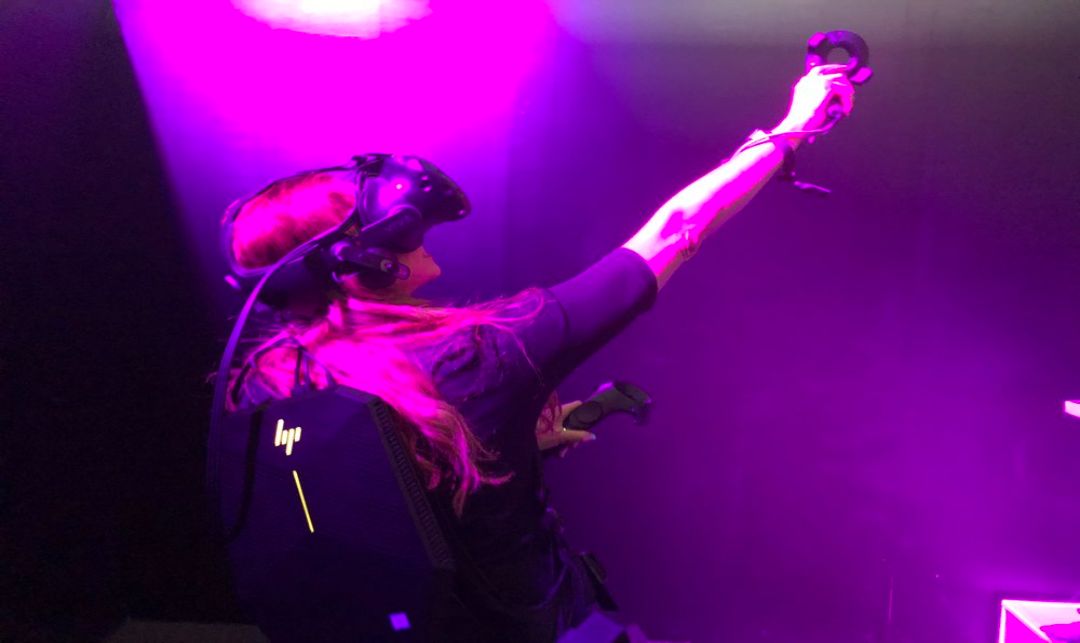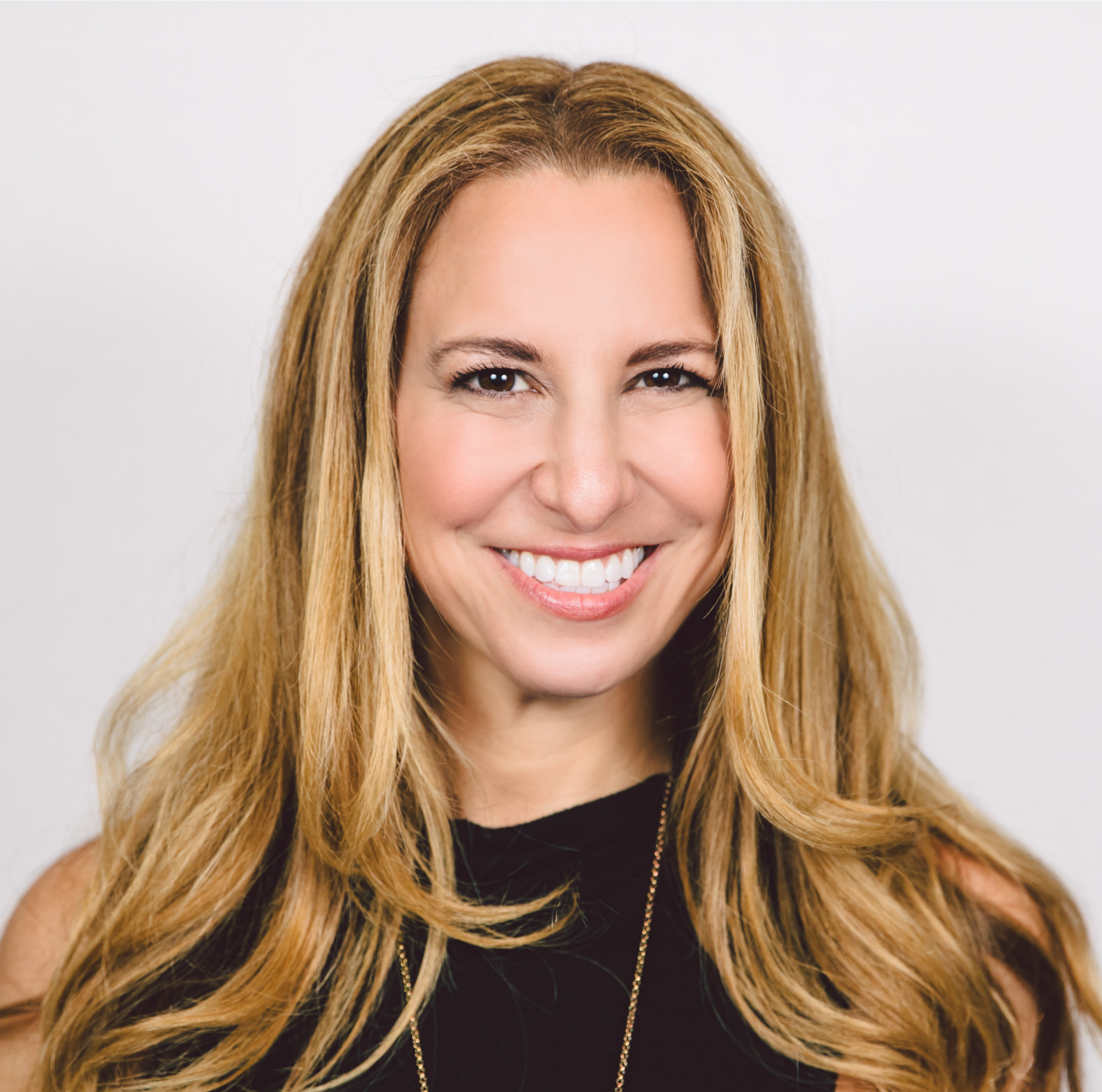You were in the traditional entertainment industry before making the move to VR. What was your early career path like?
I was always interested in Latin America and spent a year abroad in Chile, so after I graduated from college, I went to work in investment banking at JPMorgan Chase in Brazil for a year. I tried to follow the principle of finding what’s the 20% of the job where I’m having the most impact and make it 80% of my job, and that’s what guided my moves.
In banking, I found that I liked the 20% of the job that was focused on strategy, so after business school I moved to strategy consulting at McKinsey. Then I moved to marketing at DHL and eventually came to work in entertainment in 2007, when I went to NBCUniversal. At NBCUniversal, I got to work on everything from the Olympics to the network fall TV launches to Despicable Me. Because of my Latin America experience, I worked at Telemundo and supported across the entire network.
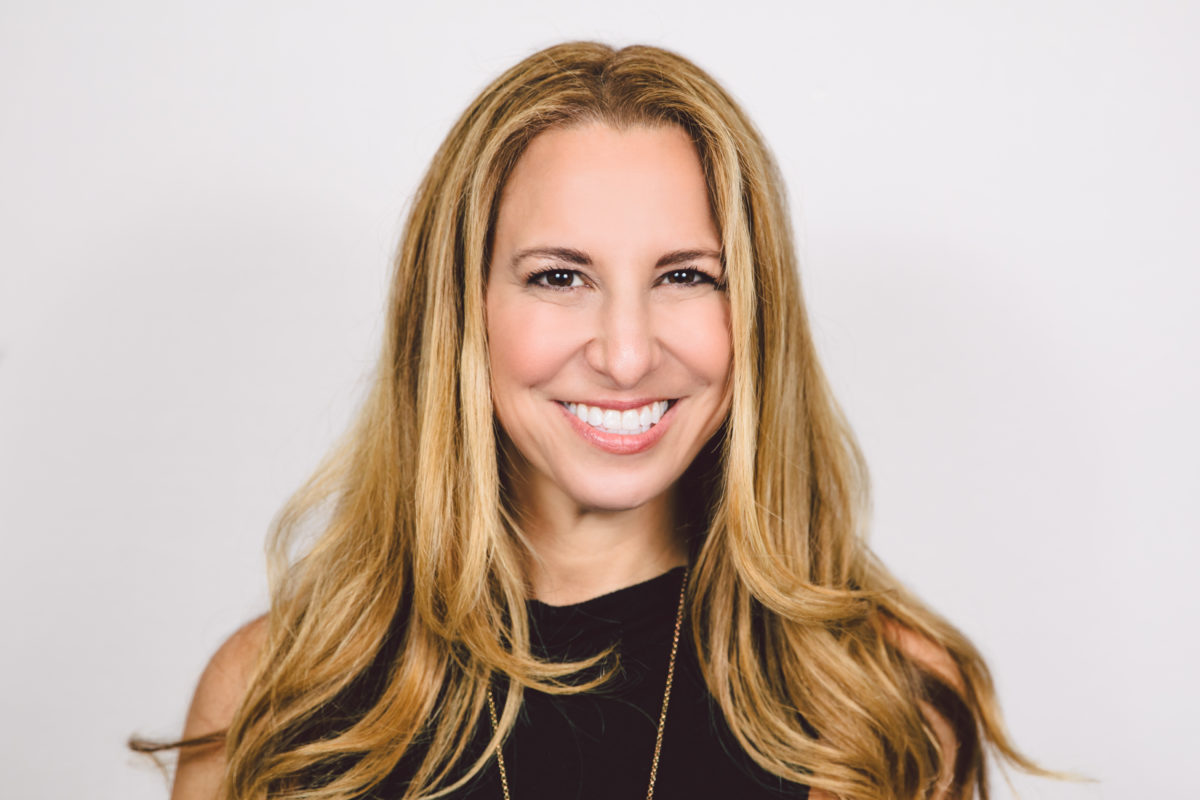
Joanna Popper leads virtual reality initiatives for HP.
Why did you leave TV?
When I started to think about moving on, what was most interesting to me was content creation and the way the TV landscape had changed. I got really interested in the world of the future of the digital space and moved to Silicon Valley to run media and marketing at Singularity University [a technology-based executive education company]. I knew I wanted to go back to the media and entertainment world—but I no longer wanted to promote what was on Tuesday nights at 8/7 Central. I looked at VR as the future of media and entertainment.
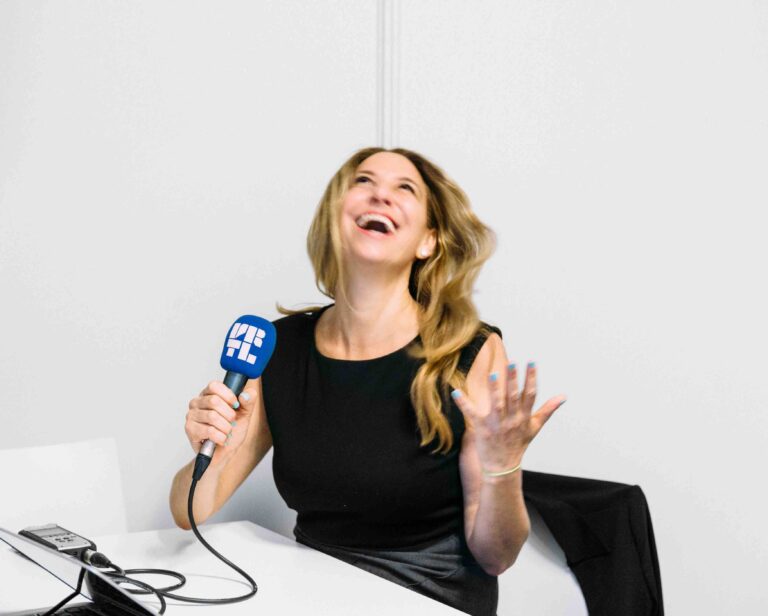
The former investment banker at a VR event in Cannes.
What in particular drew you to VR?
I first tried VR in 2014. I started working with it in 2016 and 2017, and joined HP in 2018. When I first started with it, people were really excited and a lot of VC money was going in. By the time I joined HP, it was more like the VR “winter” had started.
It was an interesting time. A lot of the hype cycle was driven primarily by the large investment Facebook made in Oculus, and investments in Magic Leap. But then the crypto boom started around that time, and that drew some away.
I’m drawn to this industry because the people who work in VR are passionate, interested in deep impact and building things, and highly optimistic. They are innovating in so many areas, from health care to immersive theater to psychology. That’s part of what makes it so exciting to be in VR. People are bringing their imagination and creativity to create this new world.
This has obviously been a tough year for any type of location-based entertainment. What keeps you optimistic?
I believe strongly about the experience of location-based VR. That’s where many people will have their first, best VR experience. You can be there with your family and someone else is doing the troubleshooting.
Some of these locations are temporarily closed, but depending where you are in the world and local regulations, many have started to open up again. They are making the necessary adjustments to operate, and the audience interest is still strong.
The lockdown in many ways seemed like an opportunity for at-home VR to really break out. Has that happened?
Yes! In fact, our partners at Valve continue to see all-time highs in concurrent users on Half-Life: Alyx [a first-person, VR shooter game that came out earlier this year]. Interesting games have been released this year, and social VR companies have also seen all-time concurrent highs.
That’s despite the fact that most of the headsets have basically been sold out since the start of the pandemic. There’s growth in demand and that’s having an impact on the supply chain. The HP Reverb G1 headset has been sold out most of the year. We are also getting a lot of phone calls from educators and corporations—more than we ever have in the past.
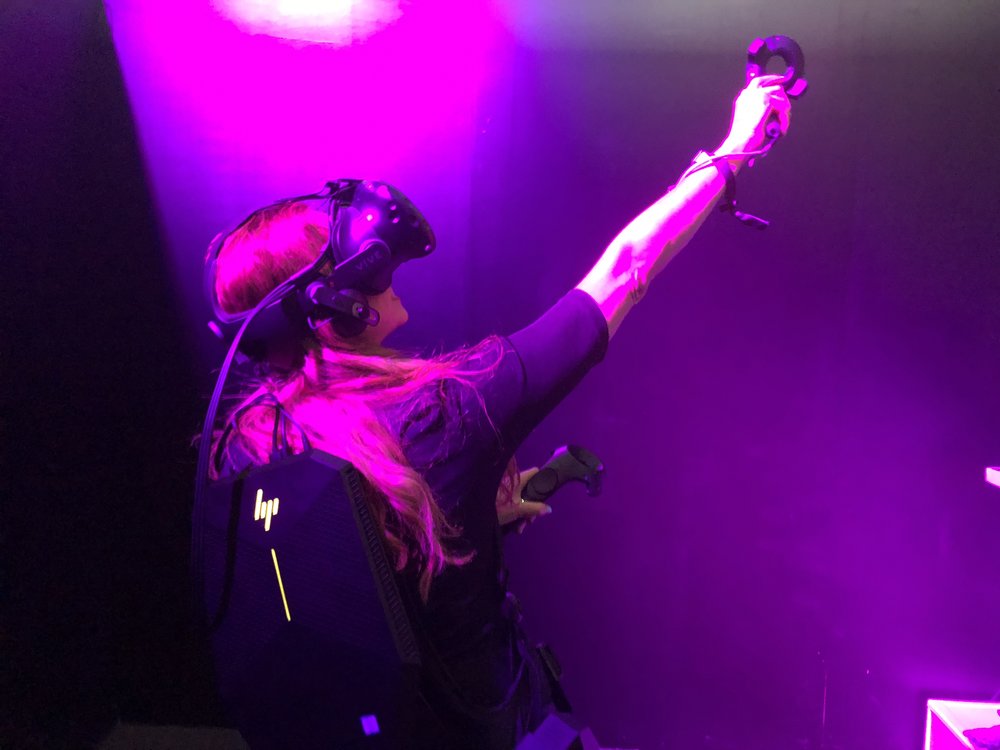
Popper wearing the HP VR Backpack PC, one of the company’s latest innovations.
You’ve made it a priority to bring more diverse voices—especially women—into VR. What are you doing toward that goal?
It’s important that this industry is built by a representative group. There’s an opportunity to create a technology that’s best for all of us. HP has been a leader for this: We have the most representative board in technology and were the first organization to support Free the Work, which is now called Free the Bid—an initiative advocating for equal opportunities for women directors in the advertising industry. HP has long insisted that our PR firms, legal firms, and other external firms we work with have diverse representation in the agency teams that work on our accounts.
What’s really important here to underline is that study after study from places like McKinsey show that when you have diverse teams, you end up with better products and better results. I host webinars on getting people into the VR industry, and am constantly promoting the #xrjobs hashtag on Twitter to raise awareness about exciting job opportunities.
These jobs are not easy. These are difficult tech problems to crack. But I believe this is the next wave of computing. It’s still early and there is lots of room to have an outsize positive impact.






































